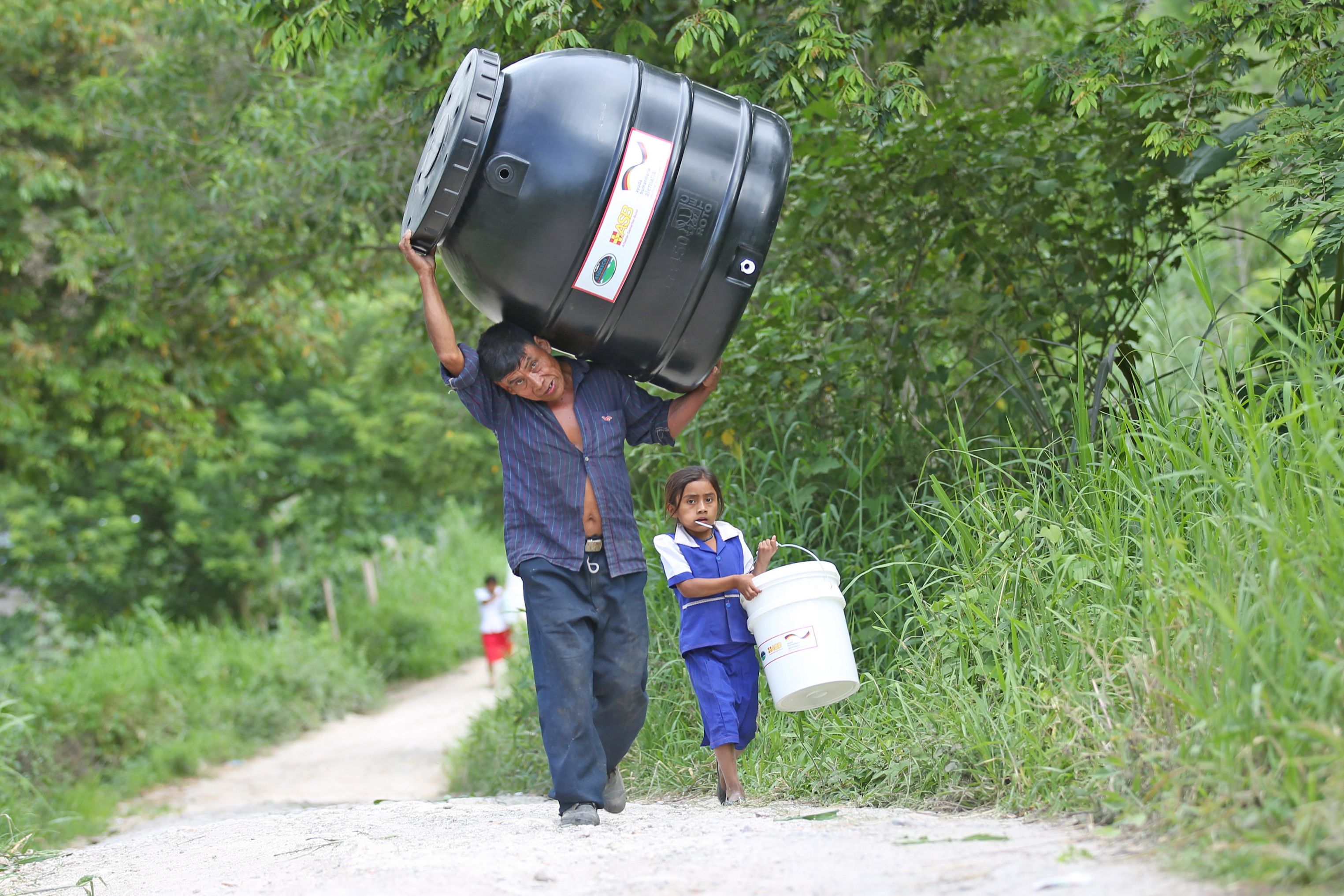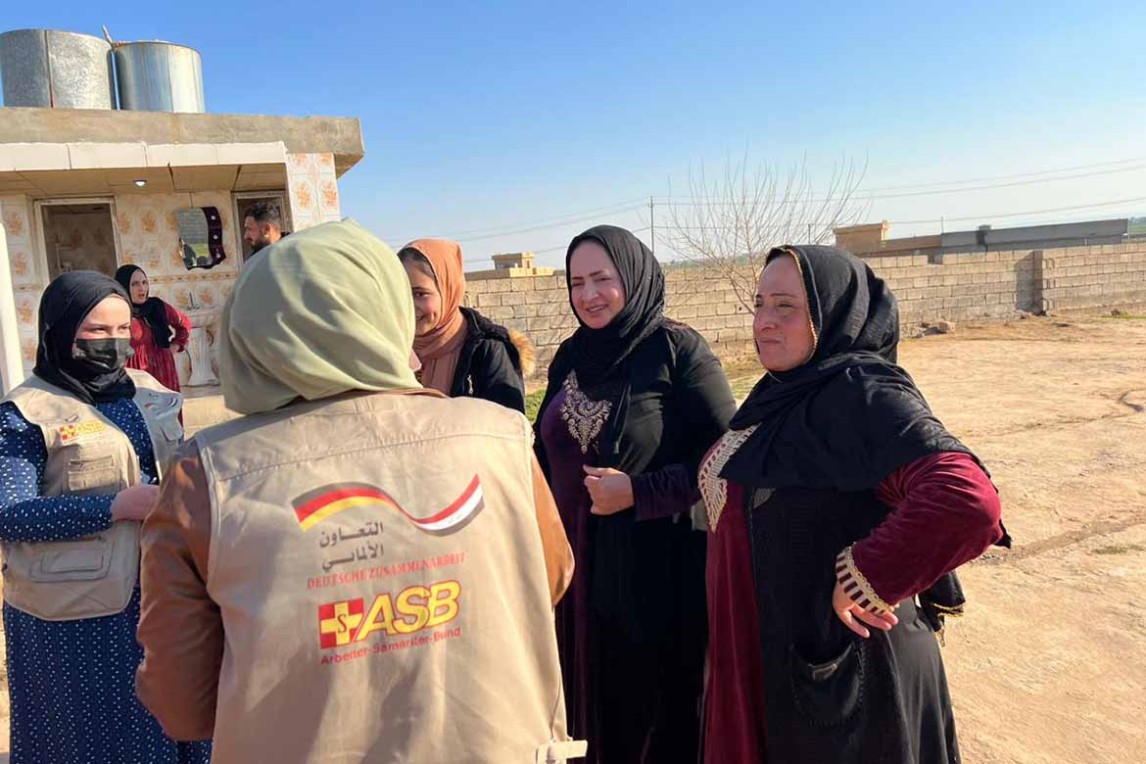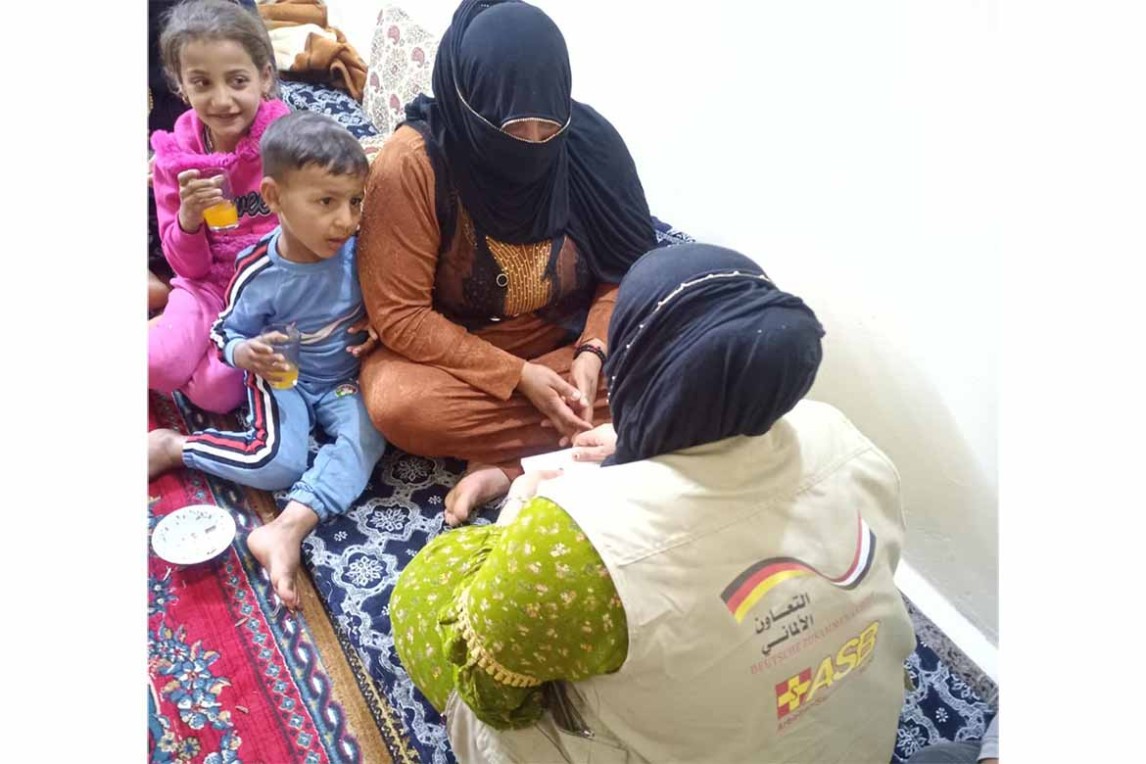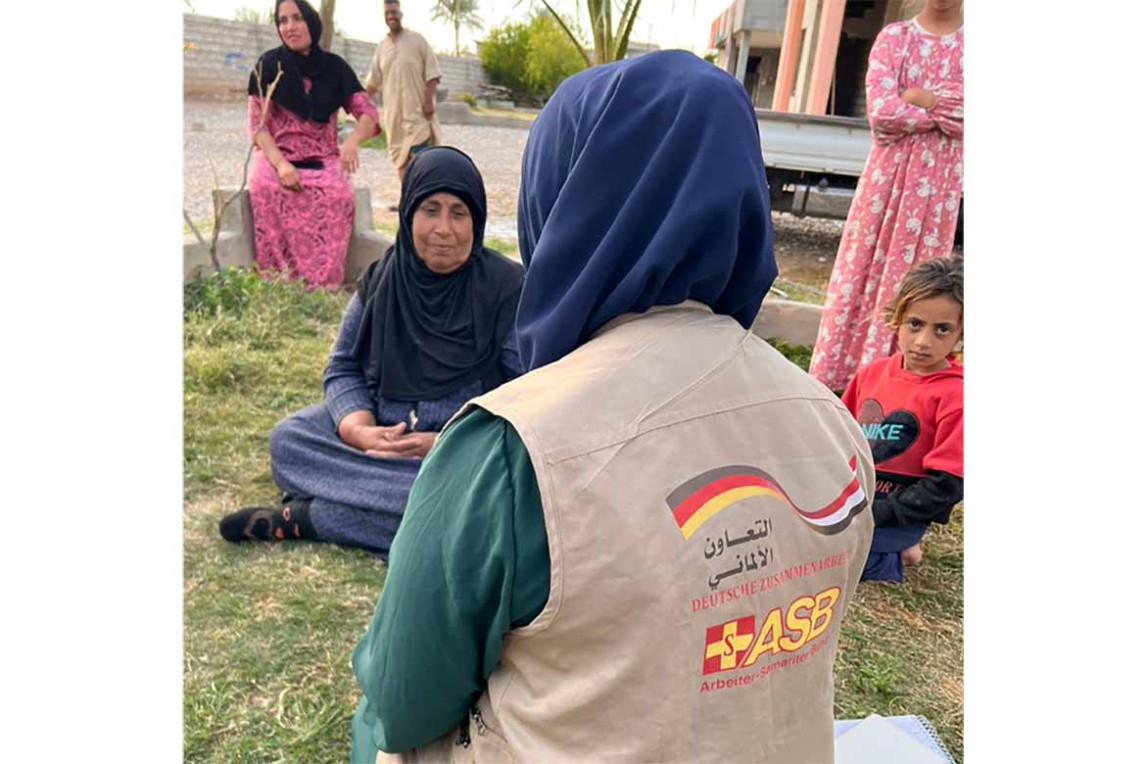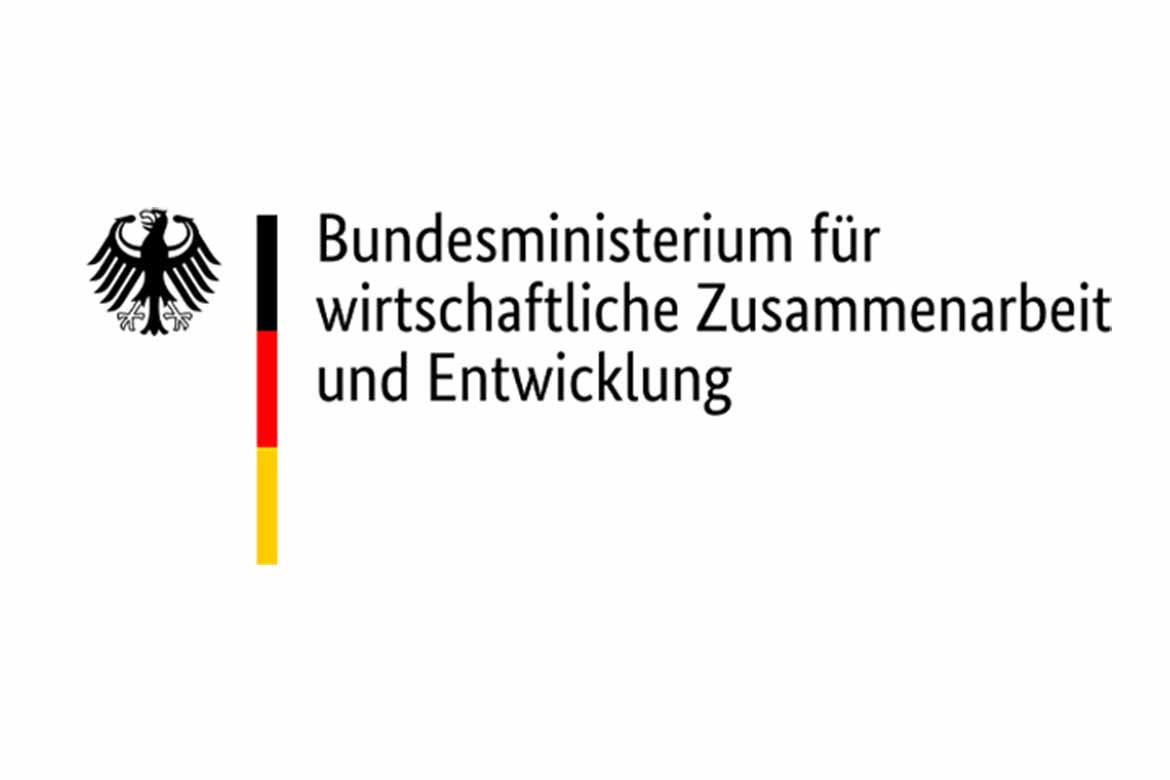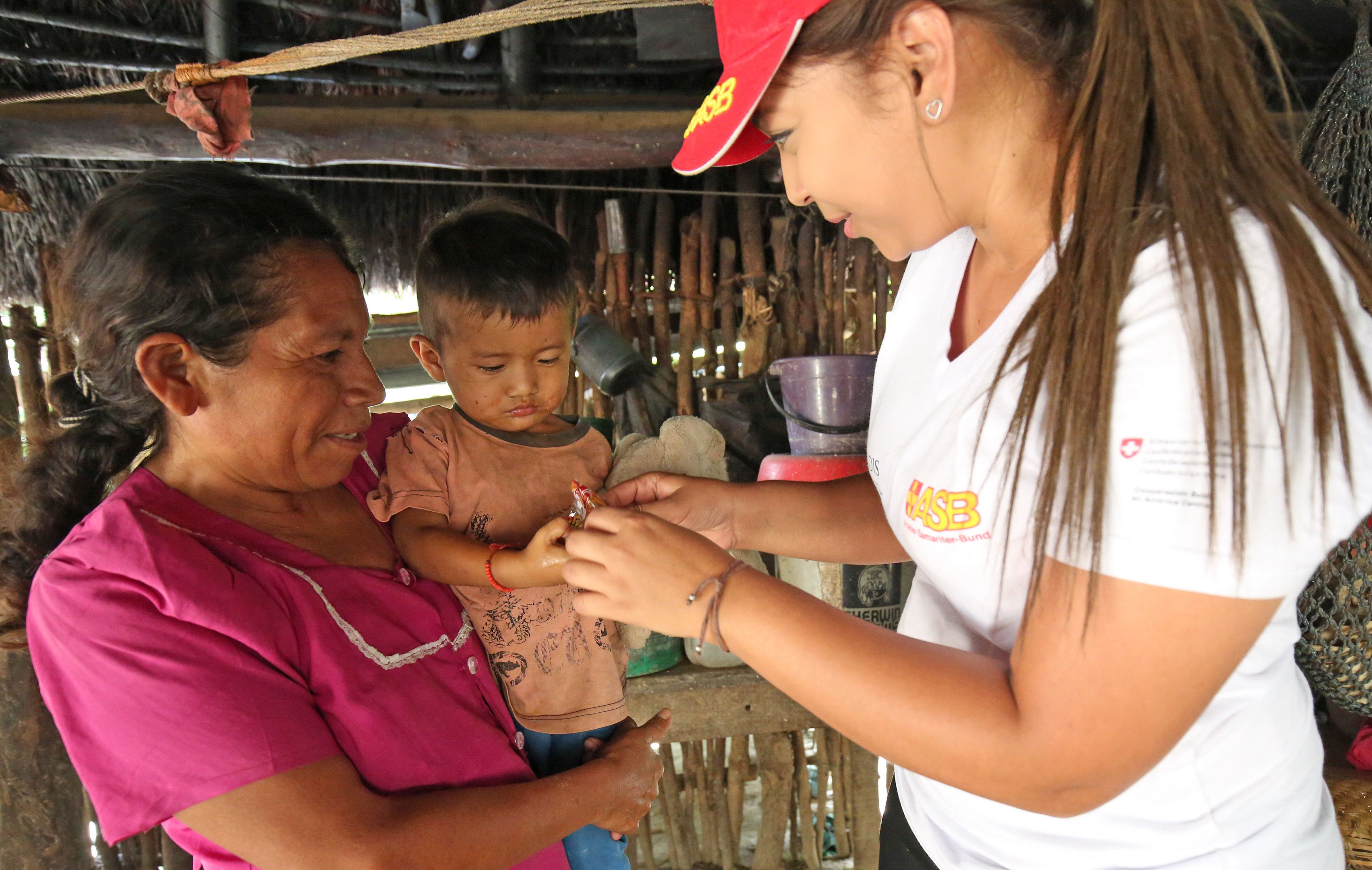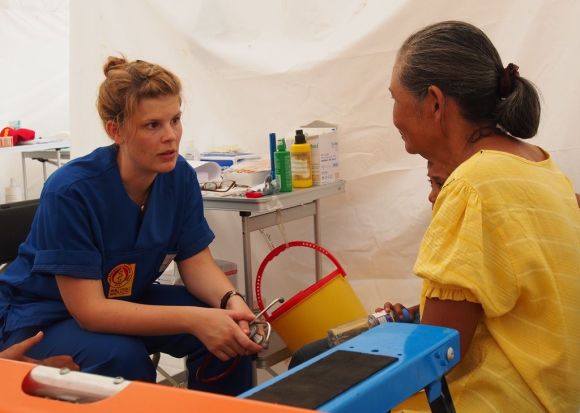-

Project title: Improving health services by strengthening healthcare structures in underserved regions of Kirkuk province, Iraq
-

Project region: Kirkuk province, Hawija district
-

Project volume: € 3.52 million
-

Project financing: BMZ transitional aid
-

Project duration: 11/11/2021 - 31/12/2025
-

Target group: (Direct beneficiaries: approx. 123,428 people) People living in the catchment area of three health centres in rural regions (residents, returnees, internally displaced persons, women of reproductive age, children, the elderly, people with disabilities, people living in poverty), community-based civil society organisations, trainees (young adults) in healthcare professions
